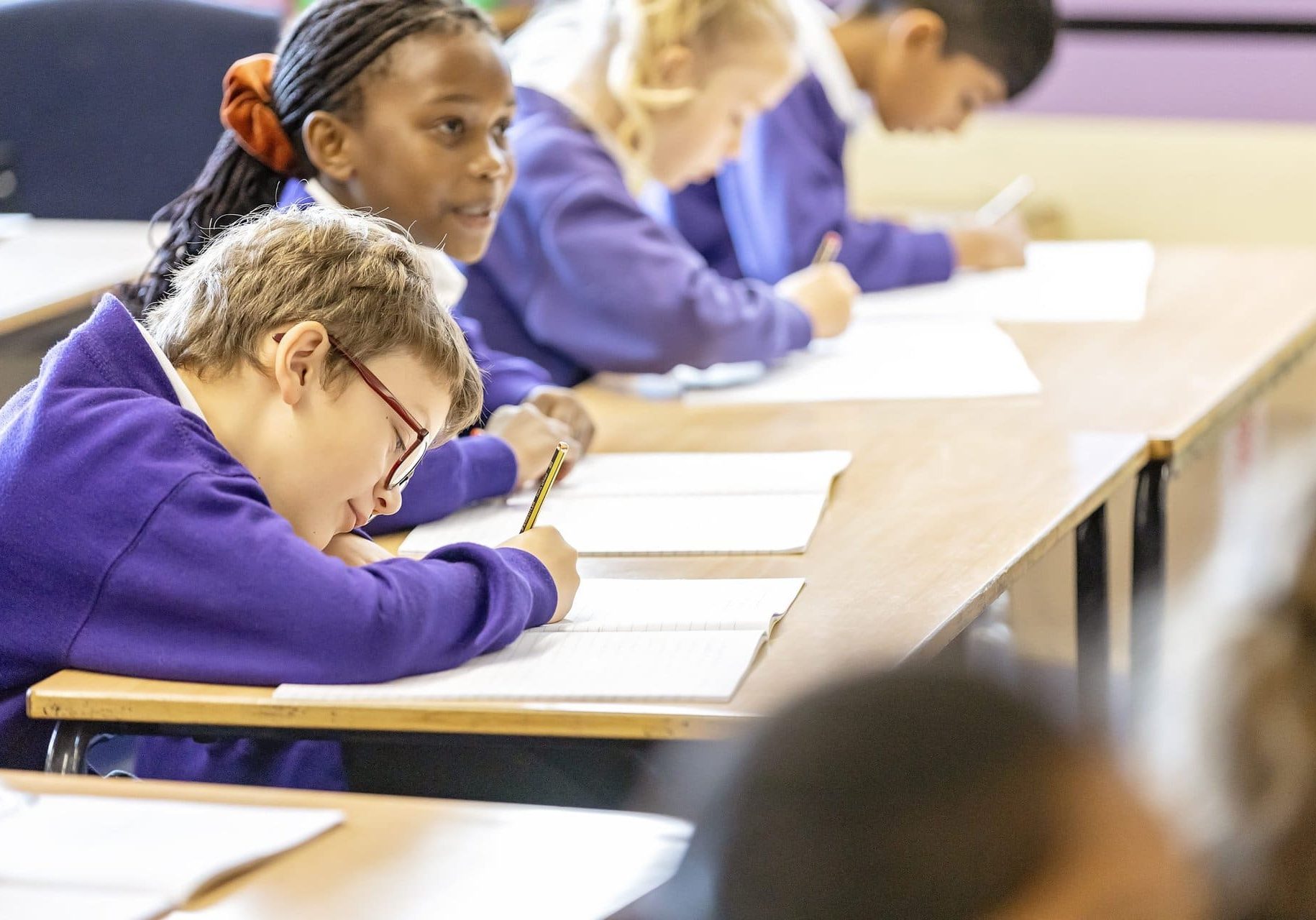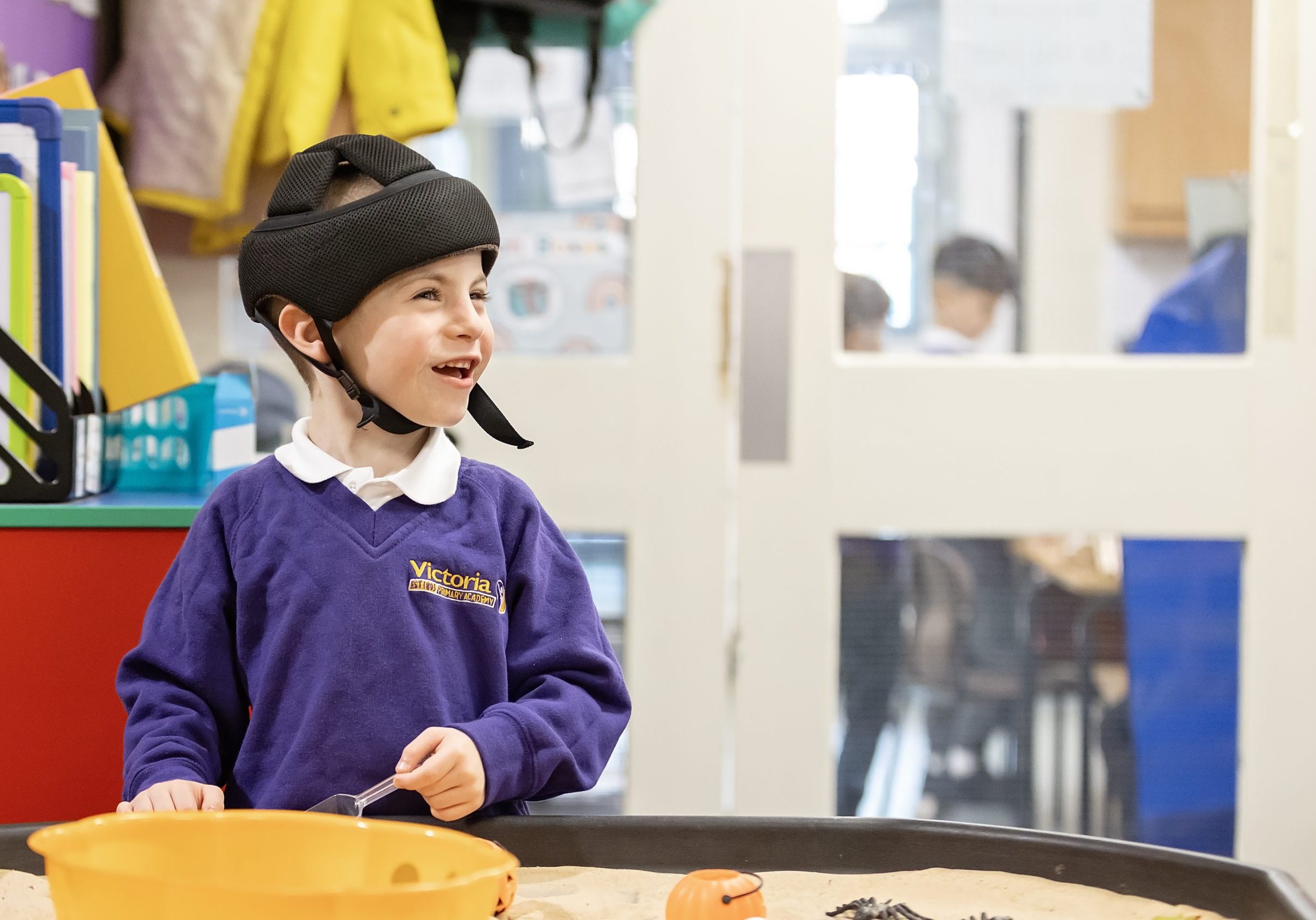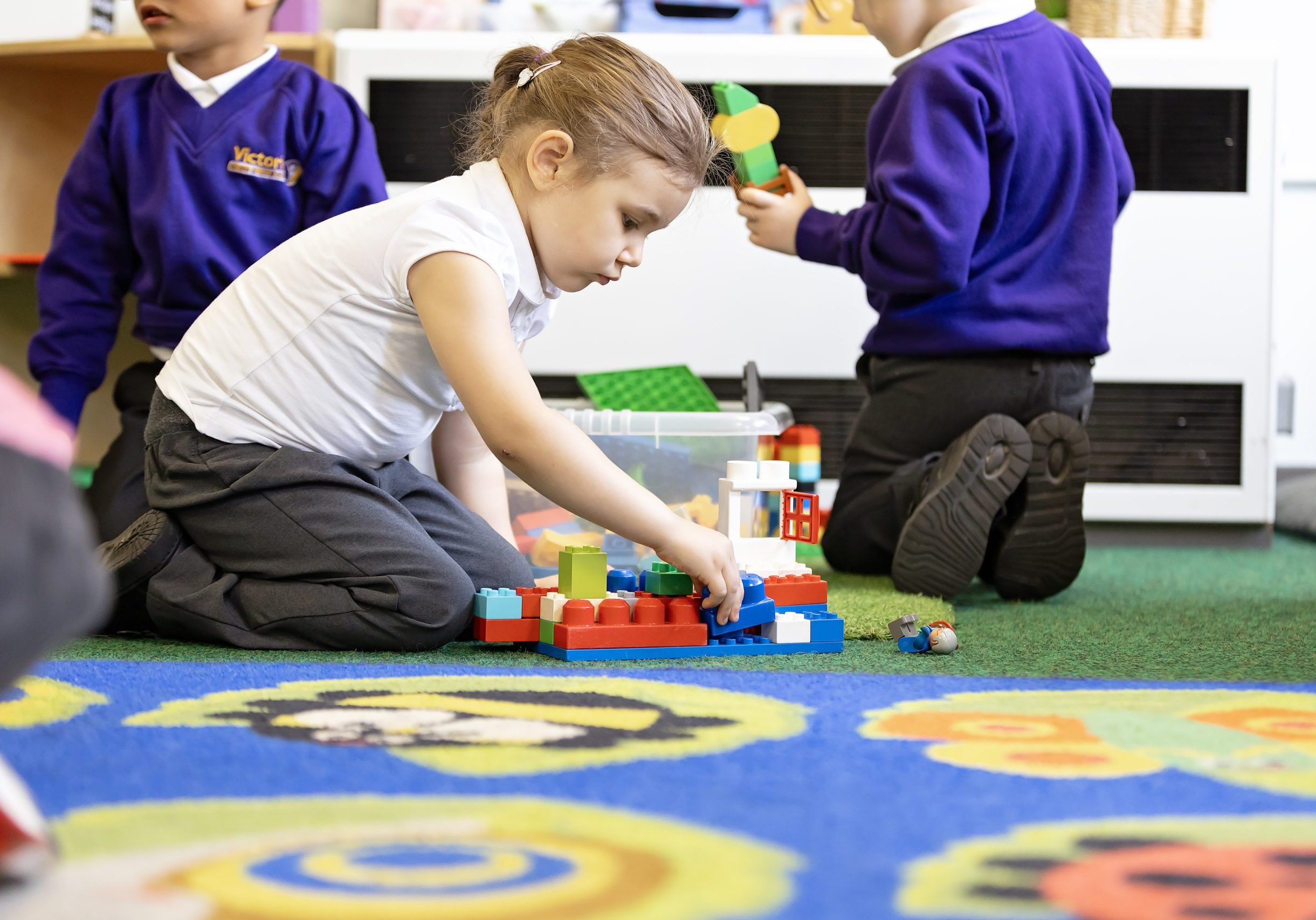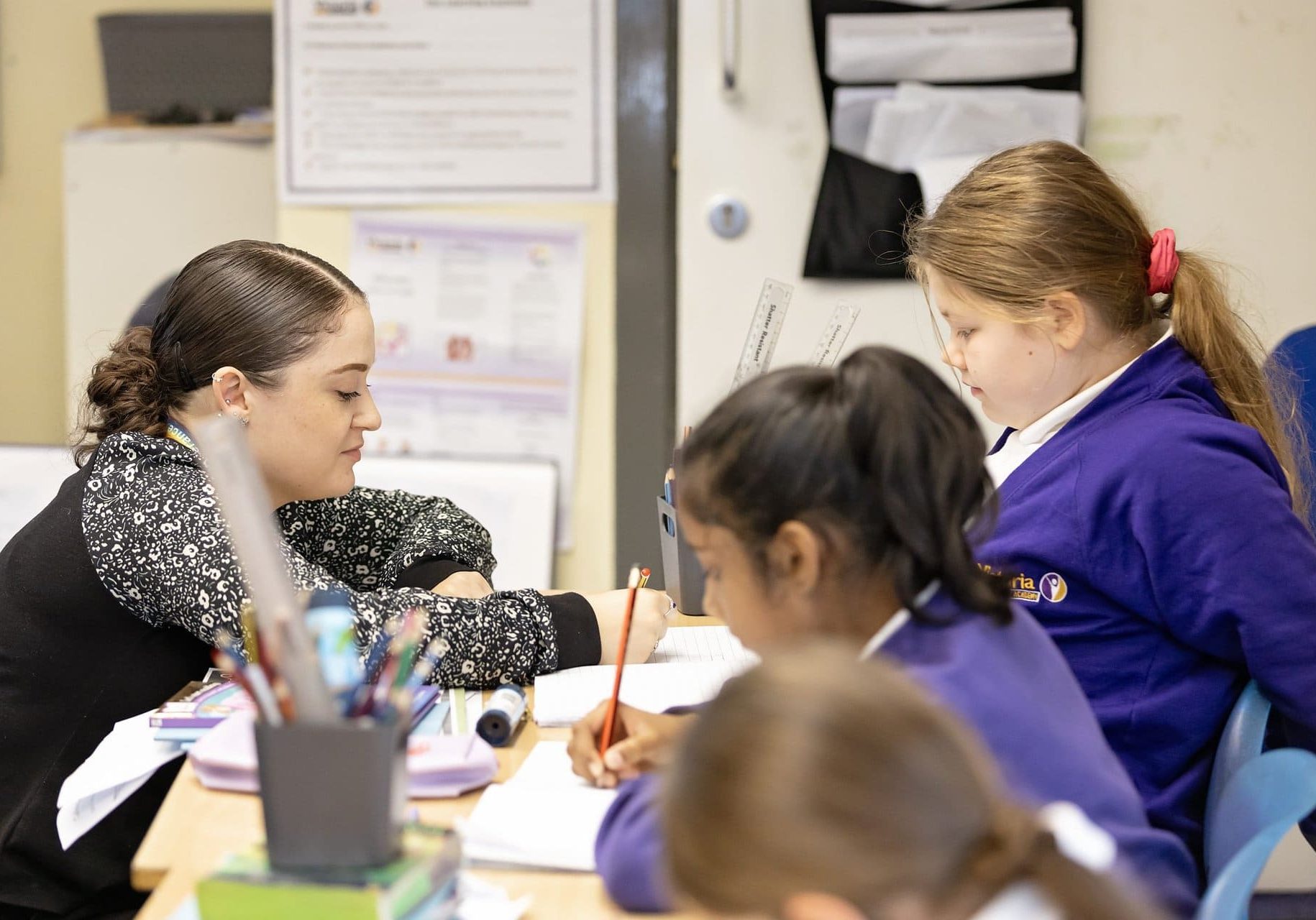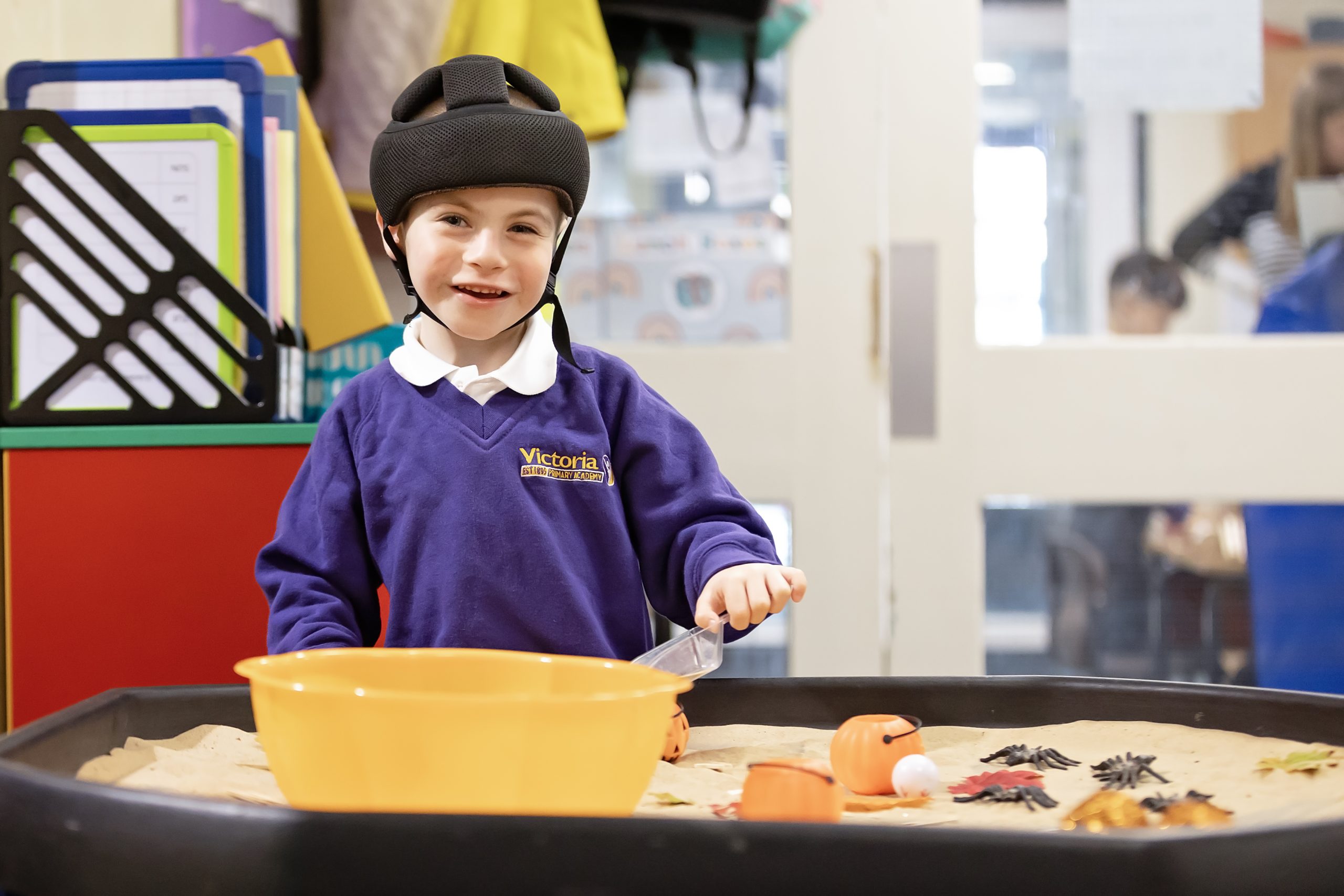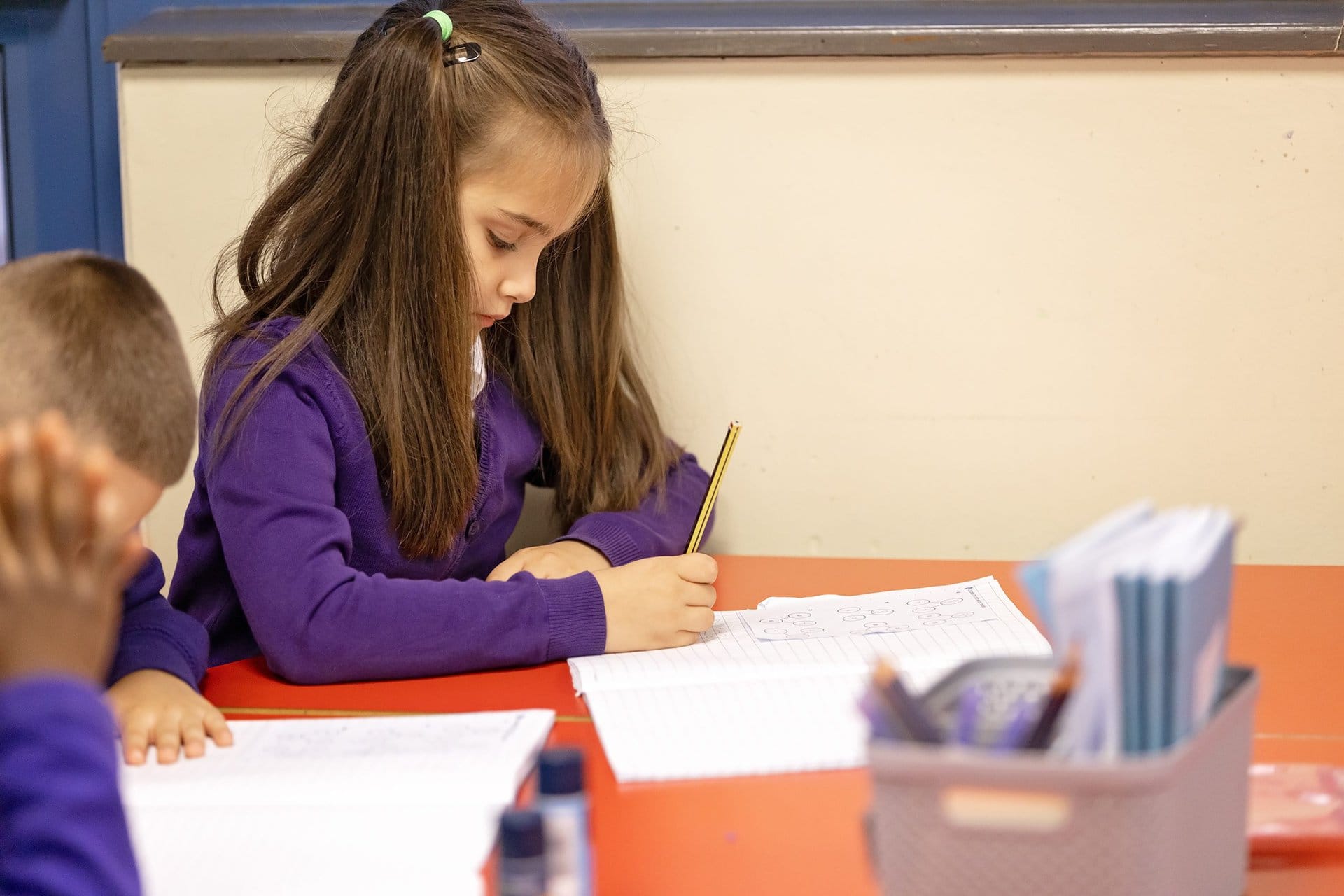Computing
Curriculum Intent
At Victoria Primary Academy, we recognise the importance of a high-quality computing education that equips all learners to use computational thinking as well as creativity to understand and change the world. As part of our broad, balanced and creative curriculum, computing is a subject that inherently has strong links with maths, science and design technology. We encourage the children to use technology to investigate and learn about both natural and artificial systems - from our bodies and the environment to electronics and programming. We believe that creative, connected and enthusiastic teaching and learning in Computing, is integral to increasing the number of children reaching and exceeding national expatiations within the subject itself and across the wider curriculum.
Computing teaching and learning at Victoria Primary Academy ensures that pupils become digitally literate and adaptable. Computing and ICT are taught within discrete lessons and skills are revisited, refined and embedded across our creative curriculum. We use statutory guidance and wider, enriching experiences to enhance attainment and progress in Computing.
Curriculum Aims
- Children have an investigative, adaptable and dynamic approach to computing; ensuring the ability to use of variety of technology -hardware and software- across a variety of platforms. This guarantees a continued understanding of the ever-evolving digital world.
- Children are able to use technology creatively and effectively across all curriculum subjects to aid in their wider learning and development.
- Children understand and apply problem solving, including concepts and ideas of computer science - the use of abstraction, logic, algorithms and data representation.
- Children are able to use technology safely and with a sound understanding of their rights and responsibility in the digital community.
Minimum Standards
Teaching a Broad and Balanced curriculum for educational recovery DfE June 2021 states:
Adjusting the curriculum should focus on any missed knowledge that is crucial for pupils’ next steps. This will be particularly important in hierarchical aspects such as programming, algorithms, understanding computers, and data. Priority should also be given to using computing devices safely and responsibly, although this will depend on pupils’ previous exposure to and experience of technology.
At key stages 1 and 2:
- teachers should give priority to developing pupils’ knowledge of algorithms, notably sequencing in key stage 1.
At key stage 2:
- teachers should focus on sequencing, selection and repetition.
- Pupils should be given enough time to practise programming to secure knowledge of key programming constructs.
- Gaps in knowledge of how to use digital devices should be identified and addressed. It is important that pupils use devices confidently and competently, so that they can focus on complex tasks without also having to learn how to use a device, which may otherwise get in the way of processing information.
At Victoria Primary Academy:
- Planning takes account of the 3 areas of computing – computational thinking/ Programing, ICT and digital literacy
- The National Centre for Computing Education scheme is used as a basis for planning.
- Skills are revisited and embedded to enhance learning in other curriculum areas.
- Sequence of lessons include technology free time e.g when teaching programming, children would start with ‘pacing out’ direction in pairs around a large map.
- Vocabulary for topic and basic computing vocab is displayed
- Knowledge of previous LIs taught to build progression.
- E-portfolios used by staff and children.
- Labelled keyboard in each classroom
- All members of teaching team have access to CAS and Barefoot Computing websites as well as The National Centre for Computing Education
- Pupils with additional needs are supported to access the learning as appropriate depending on their need. Pupils with physical disabilities may need access to specialist tools or resources. Some pupils will benefit from pre teaching of key vocabulary. Some pupils may benefit from additional time or support from an adult to complete their work.
Subject Leader
For more information, please contact the Computing Subject Leader:
Mr N Mepham
mephamn@

